Introduction:
Dogs are beloved companions, each with unique personalities and characteristics. While breed alone does not determine a dog’s behavior, certain breeds are often associated with specific traits that may pose challenges for some owners. In this blog post, we’ll discuss the top 8 dog breeds that are perceived to carry higher risk factors, emphasizing the importance of responsible ownership, proper training, and individual temperament assessment.
Pit Bull: Pit Bulls are a controversial breed often linked to negative incidents, primarily due to their powerful physique. However, responsible ownership and proper socialization can result in well-behaved and affectionate Pit Bulls. It’s crucial to challenge stereotypes and recognize the individual nature of each dog.
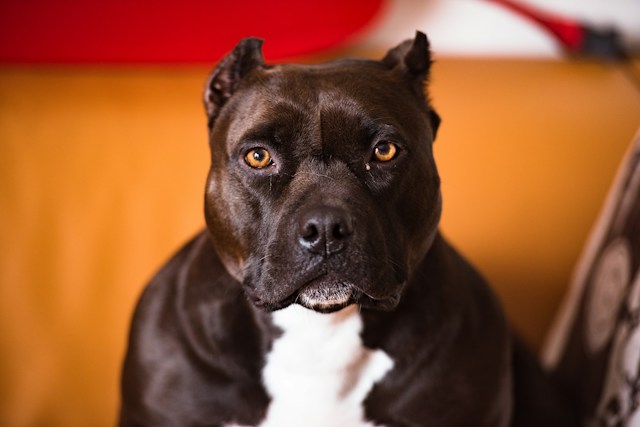
Rottweiler: Rottweilers, known for their strength and protective instincts, can be loyal family members with proper training. However, their size and territorial nature mean they require experienced ownership and early socialization to prevent potential issues.

German Shepherd: German Shepherds, prized for their intelligence and versatility, are commonly used in police and military work. However, their protective instincts may lead to aggression if not properly managed. Responsible ownership and consistent training are key to ensuring a well-behaved German Shepherd.
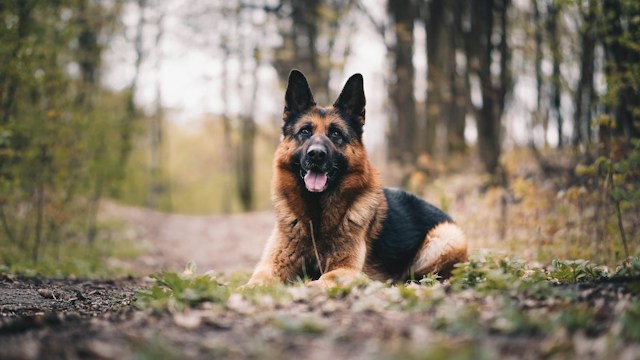
Siberian Husky: Siberian Huskies, known for their striking appearance and energetic nature, may exhibit stubbornness and independence. Without proper training and mental stimulation, they can engage in destructive behaviors. A committed owner willing to meet their needs can enjoy a rewarding relationship.
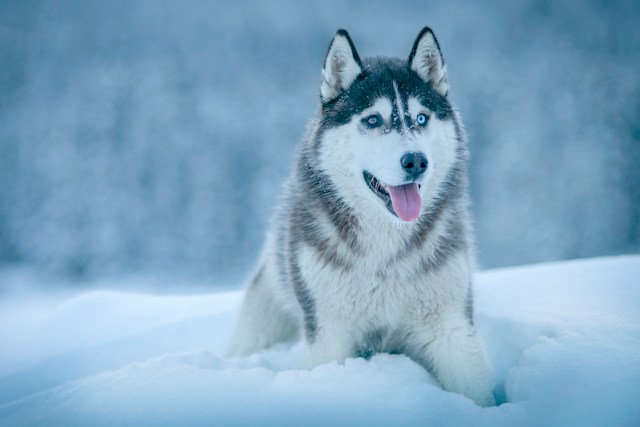
Alaskan Malamute: Similar to the Siberian Husky, the Alaskan Malamute is a large and powerful breed with a strong independent streak. These dogs thrive on physical activity, and without sufficient exercise, they may display behavioral issues. Owners should be prepared for the commitment required to meet their energy levels.
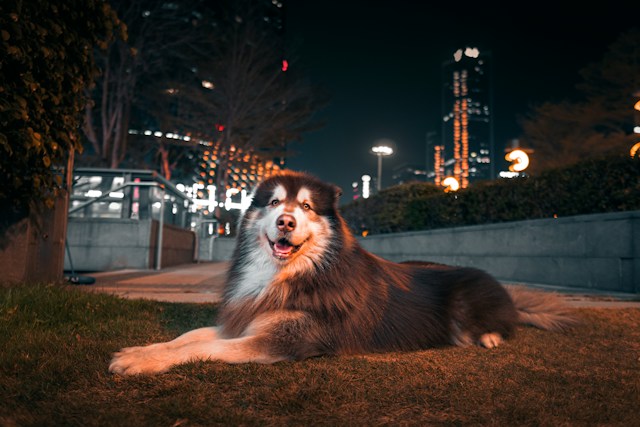
Wolf-Dog Hybrid: Wolf-dog hybrids, resulting from the crossbreeding of domestic dogs with wolves, can exhibit unpredictable behavior. Their wild instincts may pose challenges for owners unprepared for the unique needs and potential risks associated with these hybrids.
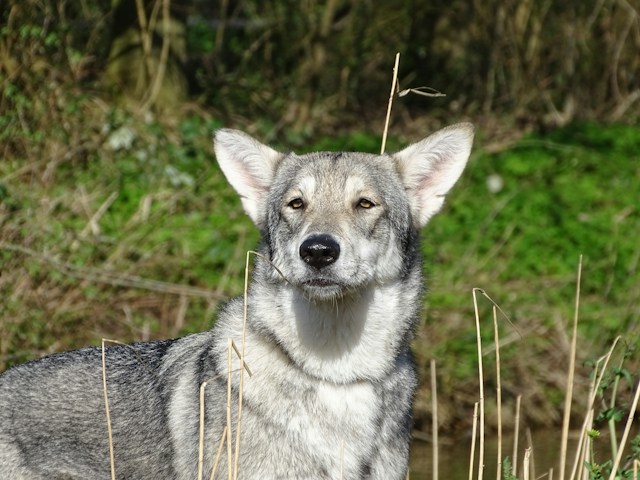
Doberman Pinscher: Doberman Pinschers are known for their intelligence and loyalty. However, they can be reserved and protective, requiring early socialization to prevent aggression. Responsible ownership and positive training methods are essential for ensuring a well-mannered Doberman.
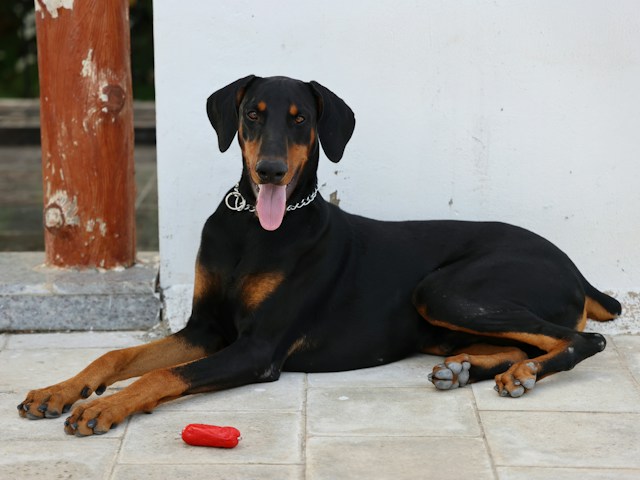
Chow Chow: Chow Chows, with their distinctive lion-like mane, can be aloof and protective. Their independent nature may make training more challenging, and they may be wary of strangers. Early socialization and positive reinforcement are crucial for fostering a well-behaved Chow Chow.

Conclusion:
It’s important to emphasize that breed alone does not determine a dog’s behavior. Individual temperament, socialization, and responsible ownership play crucial roles in shaping a dog’s personality. While these breeds may carry certain risk factors, many individuals of these breeds make wonderful and loving pets when provided with the right environment and care. Prospective dog owners should thoroughly research and understand the specific needs and characteristics of any breed they are considering, seeking guidance from reputable breeders and trainers to ensure a positive and safe experience for both the dog and the owner.
